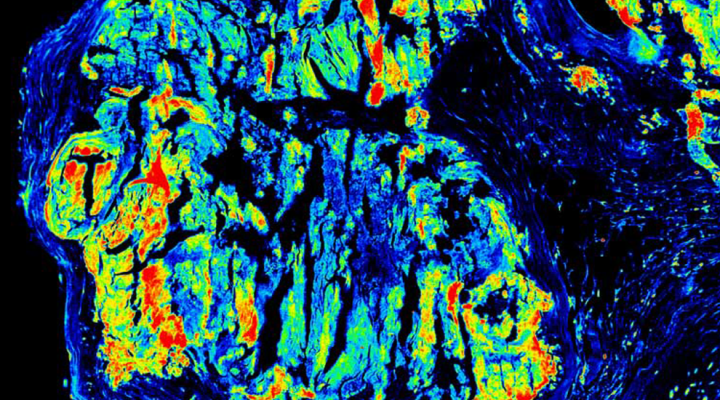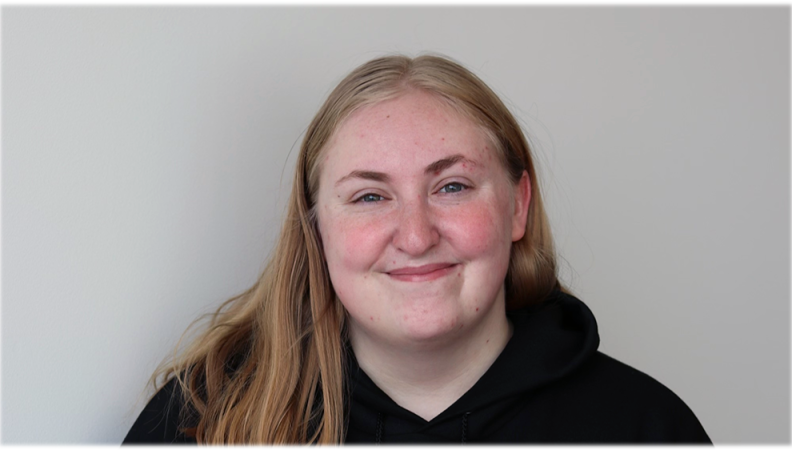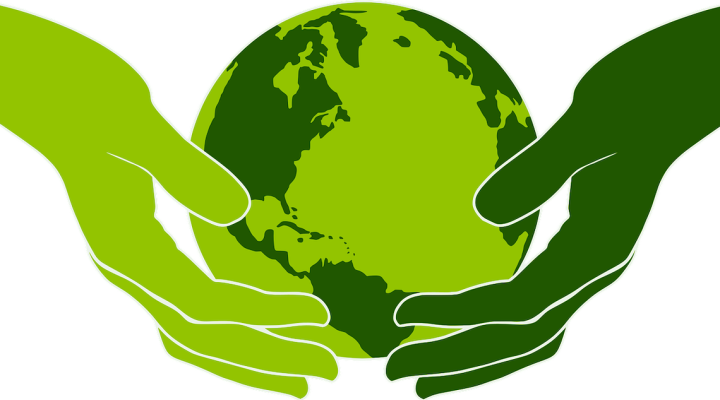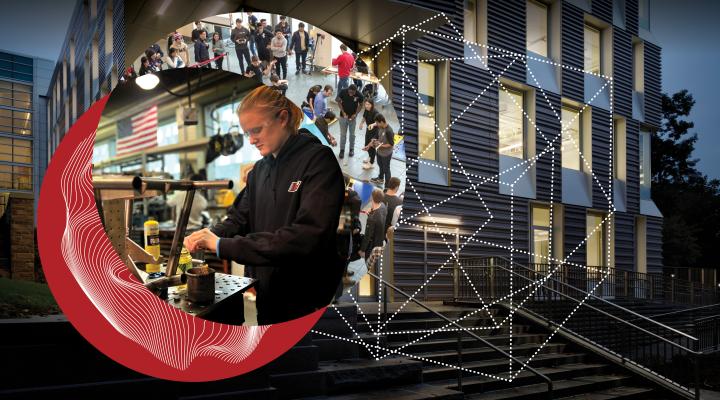Lainie Eisner, Ph.D. Student
Hometown: Livingston, New Jersey
BME Research focus: Biomechanics & Mechanobiology
Advisor/affiliation: Andarawis-Puri lab
Why Cornell?
One of the main reasons I chose Cornell was because of the BME department’s history of excellent orthopedic biomechanics research. I was also really drawn to Cornell’s relationship with Hospital for Special Surgery (HSS) in New York City. I had previously completed an undergraduate research internship in the biomechanics department at HSS and knew that I wanted to maintain connections with the researchers at HSS and continue exploring career paths in the academic medical space. Besides the research environment, I felt really welcomed by everyone in the department during my visit day, especially given that it was during the first week of the pandemic and we were all just learning how to use Zoom.
What's your research focus?
Our lab studies the early stages of tendinopathy, a degenerative disease that is often caused by tendon overuse, as well as strategies for repair of these injuries. My project specifically focuses on post-injury exercise as a stimulus that can lead to tendon repair. I am working on determining (1) why exercise can either lead to tendon repair or further degeneration depending on the timing of administration post-injury, and (2) the mechanism by which exercise facilitates repair of extracellular matrix damage within the tendon.
You are part of the inaugural cohort of CAMEO HSS Fellows. What was that like?
Through the T32 program, I have had the opportunity to shadow Dr. Michael Fu, a shoulder surgeon at HSS. Shadowing Dr. Fu has taught me a lot about clinical decision making and patient perspectives on treatments for tendon tears and other musculoskeletal injuries. It's always important to keep patient and clinician perspectives in mind when developing new therapeutics, so this information will certainly be useful as I strive to develop the next generation of therapeutics for tendon injury!
I also really enjoyed attending the 2023 Orthopaedic Research Society (ORS) Annual Meeting in Dallas, TX with the support of this fellowship. I learned a lot about ongoing tendon and ligament research, got to network with many researchers whom I admire, and explored different areas of professional development such as grant writing and teaching.
How has this experience contributed to your research or career plans?
My career goal is to become a research professor in orthopedics at an academic medical center. Getting more experience in the academic medical environment at HSS has helped me understand how clinician-researcher collaborations work, and how patient tissue samples can be used to accelerate translation of orthopedics research.
What did you do for fun outside the academic experience?
Outside of the lab, I enjoy watching and playing sports and going to the theatre. (One my favorite perks of traveling to HSS is getting to go to Broadway shows in my free time!)





